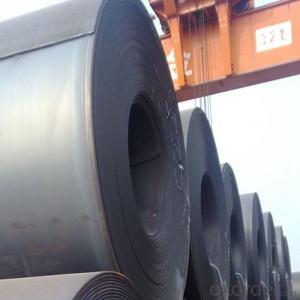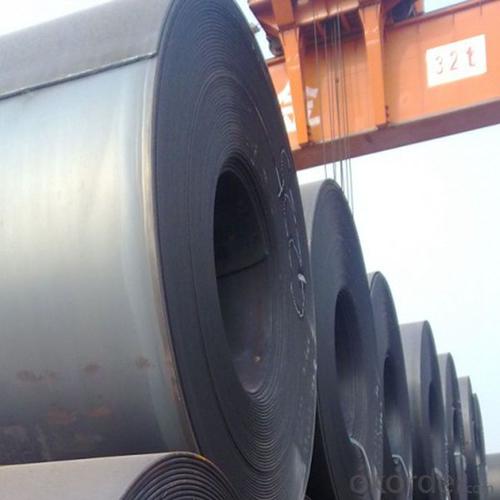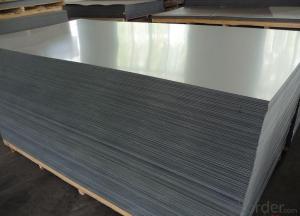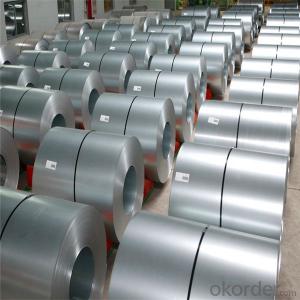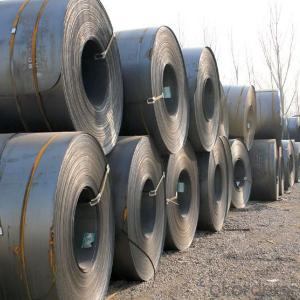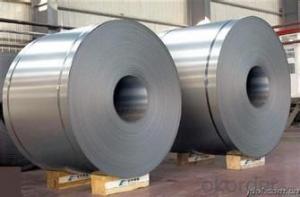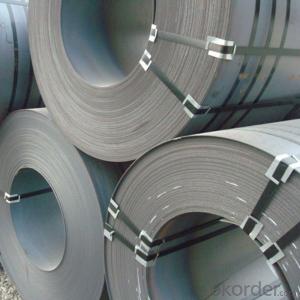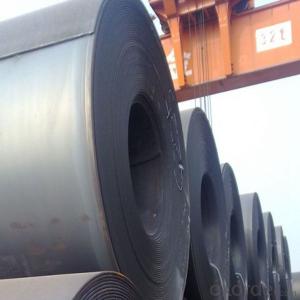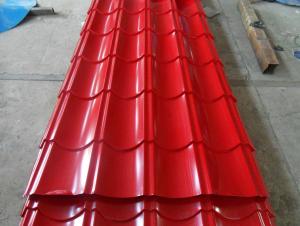Cold Rolled Plate Steel,Steel Coils Made in China
- Loading Port:
- Tianjin
- Payment Terms:
- TT OR LC
- Min Order Qty:
- 25 m.t.
- Supply Capability:
- 500 m.t./month
OKorder Service Pledge
OKorder Financial Service
You Might Also Like
Specification
DESCRIPTION:
GRADE: SS400, ASTM A36, A572, ST37,ST52, Q195, Q215, Q235,Q345, S235JR etc.
STANDARD: GB/T709-2006, ASTM A36, JIS G3101, DIN EN 10025, SAE 1045, ASTM A570
SPEC:
1)Width: 600-2500mm or 1000,1050,1250,1500,1800,2000mm
2)Thickness:1.5mm-200mm or as customers’ special requirements;
3)Length: 2-12m or as customers’ special requirements
DETAILS:
Thickness | 0.5-100mm |
Width | 1250mm,1500mm,1800mm,2000mm.,2500mm or as required |
Length | 2000-12000mm |
Standard | AISI, ASTM, BS, DIN, GB, JIS |
Material | A36,SS400,SPCC,SPHC, Q195, Q 235,Q345 |
Tehnique | Hot rolled;cold rolled |
Payment | TT ,L/C |
Packing | Standard seaworthy packing or as required |
Market | Mild east, North/South America, Europe, Asia,Africa etc |
Certificate | BV,SGS,MTC |
Delivery time | 30-45days after confirming the order |
PACKING:
1.Big thickness:by bulk vessel
2.Small thickness:packed by steel strips and shipped by container
3.According to the requirements of customers'
TRADE TERMS :FOB, CFR, CIF
PAYMENT&DELIVERY FOR STEEL COILS/SHEETS
Payment Terms | 100% LC at sight,or 30%TT in advance, balance against B/L copy |
Delivery Time | With 30-40 days after deposit |
Price Terms | Ex-Work, FOB, CNF, CFR, CIF,etc |
DETAILED PICTURES FOR STEEL COILS
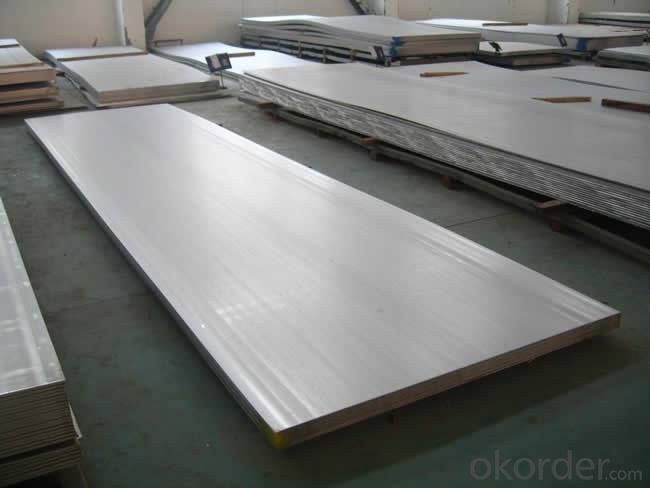
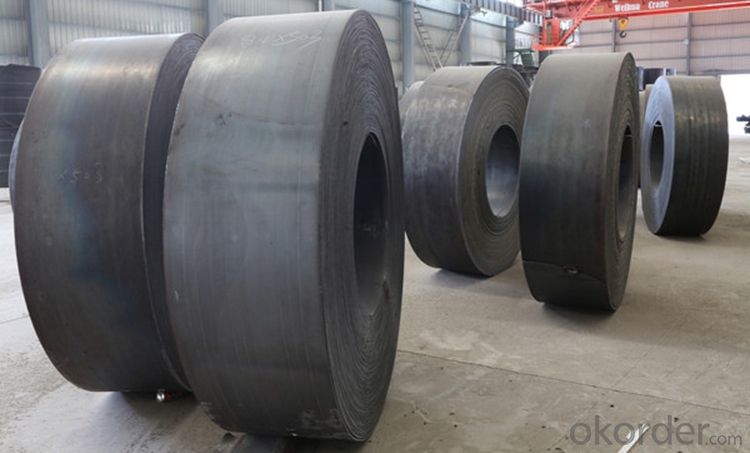
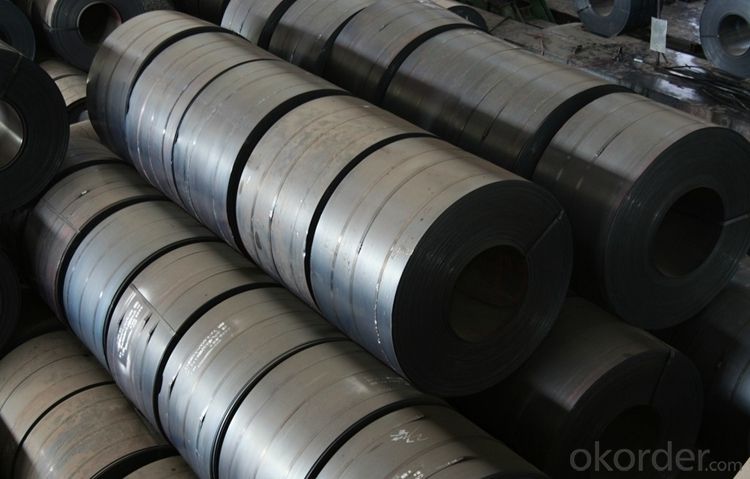
FEATURES OF STEEL COILS
(1)Good ductility
(2)Good corrosion resistance
(3)Excellent abrasion resistance and fatigue strength
(4)Good weldability
(5)Oxidation resistant performance
(6)Excellent in high temperature
OUR SERVICE
1.High quanlity and reasonable price.
2.Customized on-demand.
3.Reasonable shipping and fast delivery.
4.Free sample.
FAQ
Q:What are the advantages of your company ?
A: We have many professionals, technical personnel, more competitive prices and best after-dales service than other steel companies.
Q:Can you arrange the shipment ?
A: Sure we can help you with the shipment. We have forwarders who have cooperated with us for many years.
- Q: What is the thickness range for steel sheets?
- The thickness range for steel sheets typically varies from 0.4 millimeters to 6 millimeters, depending on the specific application and industry requirements.
- Q: How do steel sheets perform in terms of dimensional stability?
- Steel sheets are known for their excellent dimensional stability. This means that they are highly resistant to changes in size or shape when subjected to external forces or fluctuations in temperature. Steel is inherently strong and rigid, allowing it to maintain its shape and dimensions over extended periods of time. Additionally, steel sheets have low thermal expansion coefficients, meaning they expand and contract minimally with changes in temperature. This characteristic further enhances their dimensional stability, making them suitable for applications where precise dimensions and consistent performance are critical. Steel sheets are widely used in various industries, including construction, automotive, and manufacturing, due to their reliable dimensional stability.
- Q: Are steel sheets magnetic?
- Yes, steel sheets are magnetic.
- Q: What is the process of embossing on steel sheets?
- The process of embossing on steel sheets involves creating raised or recessed designs on the surface of the steel by applying pressure with specialized tools or dies. This is typically done through a combination of heat and pressure, which allows the metal to be deformed and take on the desired pattern or texture.
- Q: Are steel sheets resistant to warping or bending?
- Yes, steel sheets are known for their high resistance to warping or bending due to their strong and rigid nature.
- Q: What is the difference between a hot rolled and cold rolled galvanized steel sheet?
- The main difference between a hot rolled and cold rolled galvanized steel sheet is the process in which they are made. Hot rolled galvanized steel sheets are produced by rolling the steel at high temperatures, which results in a rougher surface and less precise dimensions. On the other hand, cold rolled galvanized steel sheets are processed at lower temperatures, allowing for a smoother surface finish and more precise dimensions. Additionally, the cold rolling process also tends to make the steel stronger and more durable.
- Q: Can steel sheets be used for heat exchangers?
- Yes, steel sheets can be used for heat exchangers. Steel has good thermal conductivity and can withstand high temperatures, making it suitable for heat transfer applications. However, the specific type of steel and its thickness should be carefully chosen based on the operating conditions and requirements of the heat exchanger.
- Q: Can steel sheets be used in marine applications?
- Yes, steel sheets can be used in marine applications. Steel is a popular material choice for marine applications due to its high strength and durability. It can withstand the harsh conditions of saltwater and is resistant to corrosion. Steel sheets are often used in the construction of ships, offshore platforms, and other marine structures. They provide structural integrity and can be easily fabricated to meet specific design requirements. Additionally, steel sheets can be coated with protective layers, such as anti-corrosion paints or galvanization, to further enhance their resistance to corrosion in saltwater environments. Overall, steel sheets are a reliable and commonly used material in various marine applications.
- Q: What are the different surface treatments for steel sheets?
- There are several different surface treatments available for steel sheets, including galvanizing, powder coating, painting, and plating. These treatments help to protect the steel from corrosion, improve its appearance, and enhance its durability.
- Q: What is the typical yield strength of steel sheets?
- The typical yield strength of steel sheets can vary depending on the grade and type of steel being used. However, for mild steel sheets commonly used in construction and manufacturing, the typical yield strength is around 250 megapascals (MPa) or 36,000 pounds per square inch (psi). Higher strength steels, such as high-strength low-alloy (HSLA) steels or advanced high-strength steels (AHSS), can have yield strengths ranging from 300 to 600 MPa (43,500 to 87,000 psi) or even higher. It is important to note that these values are general estimates and specific steel grades may have slightly different yield strengths.
Send your message to us
Cold Rolled Plate Steel,Steel Coils Made in China
- Loading Port:
- Tianjin
- Payment Terms:
- TT OR LC
- Min Order Qty:
- 25 m.t.
- Supply Capability:
- 500 m.t./month
OKorder Service Pledge
OKorder Financial Service
Similar products
Hot products
Hot Searches
Related keywords
